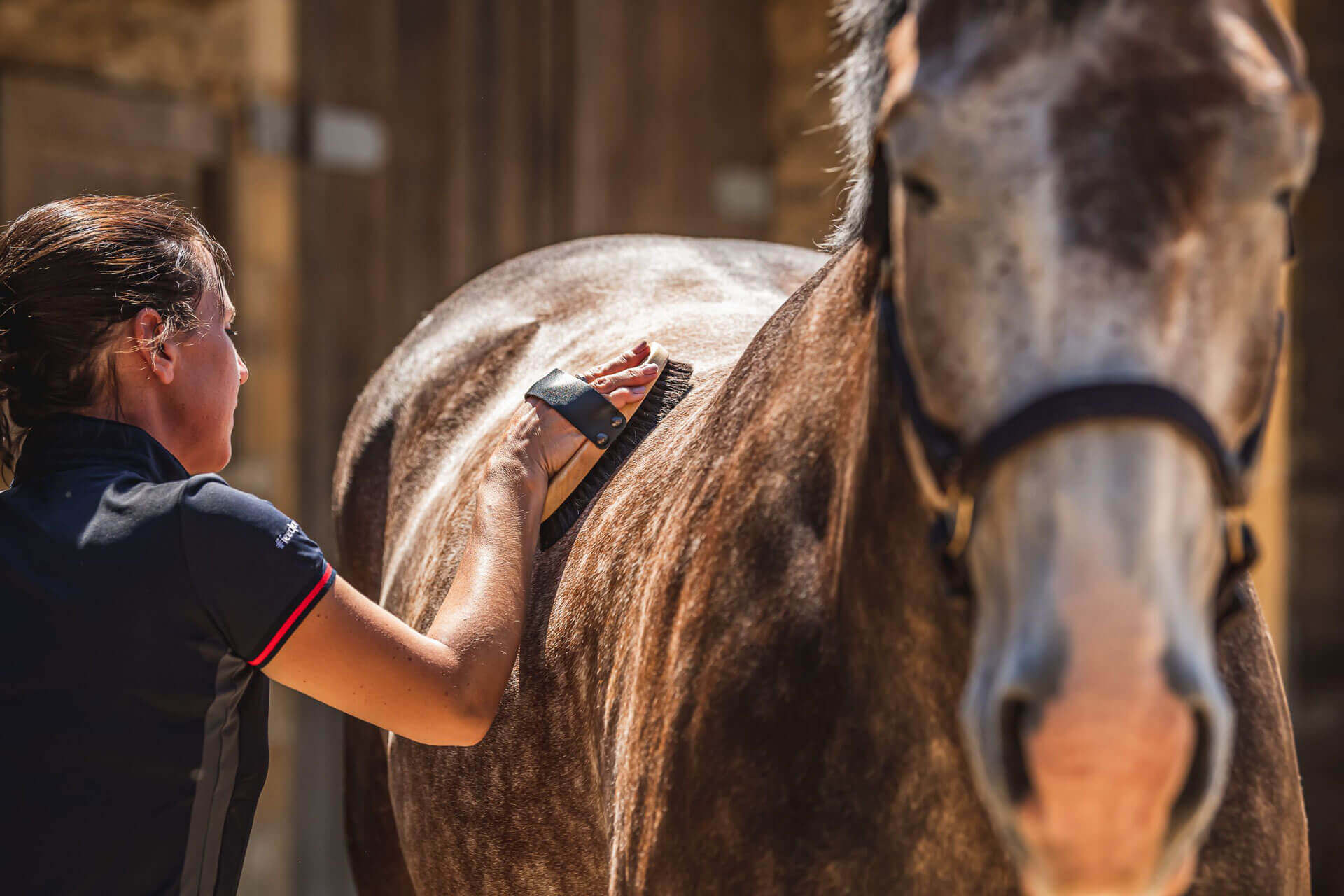Horses evolved to roam freely. The Farm Animal Welfare Council have described five Freedoms that allow an animal, kept by man, to keep their correct physical and mental state.
1.Freedom from Hunger and Thirst – by ready access to fresh water and a diet to maintain full health and vigor.
2.Freedom from Discomfort – by providing an appropriate environment including shelter and a comfortable resting area.
3.Freedom from Pain, Injury or Disease – by prevention or rapid diagnosis and treatment.
4.Freedom to Express Normal Behaviour – by providing sufficient space, proper facilities and company of the animal’s own kind.
5.Freedom from Fear and Distress – by ensuring conditions and treatment which avoid mental suffering.
These freedoms define ideal states rather than welfare standards. However, horses must be protected from unnecessary suffering. Proper care of a horse can be seen as a multi skilled operation. In fact, when looking at the bigger picture it is almost overwhelming what needs to be taken into consideration. A straight forward approach to record keeping can help simplify what at first may appear a daunting task. Keeping a calendar of important dates in the tack room diary or wall will help to develop a routine. Worming, immunisations and farrier appointments are some of the details which should be noted. Whatever your approach, it is important to both schedule and record these appointments, this structured approach will not only help maintain your horses’ health but helps avoid unnecessary costs.
In addition to noting these routine events, daily observation is of paramount importance. Care must be taken in monitoring feed and water intake as well the effect of the environment. Each season presents different challenges, and as a result, our management will be vastly different during the hot strenuous summer months to the wet, dark winter months.
In this guide we will address two of the main seasonal conditions that affect horses’ health. Although we will discuss how to routinely care and prevent problems. it must always be remembered that ultimately a serious condition must be treated by a veterinarian. If you have any doubts, please call your vet!

